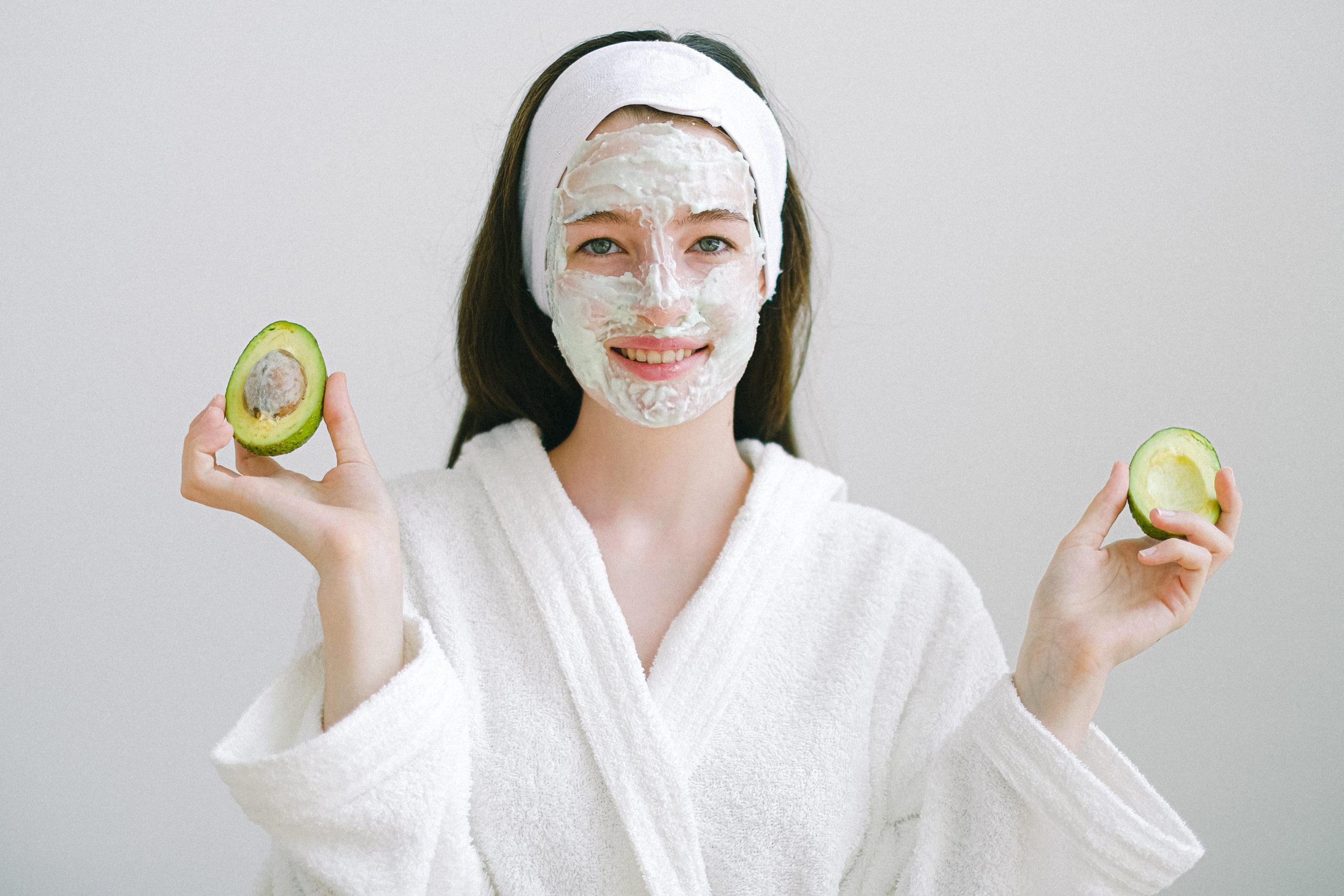Pregnancy is a time of profound transformation, both emotionally and physically. As your body prepares to nurture new life, you may notice changes in your skin, ranging from heightened sensitivity to the come outnce of pregnancy-specific concerns like melasma or stretch marks. Navigating these changes can be overwhelming, especially when it comes to choosing skincare products that are safe for you and your baby.
In this article, we’ll delve into the ins and outs of crafting a pregnancy-safe skincare routine. We’ll explore common skincare ingredients to avoid during pregnancy, offer tips for maintaining healthy skin throughout each trimester, and recommend pregnancy-safe products to address your skincare concerns.
Identifying Potentially Harmful Ingredients
During pregnancy, it’s crucial to be mindful of the ingredients in your skincare products, as some substances may pose risks to fetal development or maternal health. While the research on skincare ingredients and pregnancy is ongoing, several commonly used ingredients are best avoided or used with caution during pregnancy. These include:
- Retinoids: High doses of vitamin A derivatives, such as retinol, retinyl palmitate, and tretinoin, are associated with an increased risk of birth defects when taken orally. While the risk from topical retinoids is less clear, it’s advisable to err on the side of caution and avoid them during pregnancy.
- Salicylic Acid: While small amounts of salicylic acid found in skincare products are generally considered safe, high concentrations or prolonged use may increase the risk of complications. Consider opting for alternative exfoliating ingredients like glycolic acid or lactic acid.
- Hydroquinone: This skin-lightening agent is often used to treat hyperpigmentation, but its safety during pregnancy is uncertain. To address pigmentation concerns safely, opt for products containing ingredients like vitamin C, niacinamide, or licorice extract.
- Formaldehyde: Found in some nail polishes and hair straightening treatments, formaldehyde is best avoided during pregnancy due to its potential to cause reproductive harm.
Crafting a Pregnancy-Safe Skincare Routine
Now that we’ve covered some ingredients to steer clear of during pregnancy, let’s explore how to tailor your skincare routine to accommodate your changing needs. A pregnancy-safe skincare routine focuses on gentle, nourishing ingredients that support skin health without posing risks to you or your baby. Here’s a step-by-step guide to crafting your pregnancy-safe skincare regimen:
Cleansing
Start your routine with a gentle cleanser that effectively removes dirt, oil, and impurities without stripping the skin’s natural oils. Look for sulfate-free formulas enriched with hydrating ingredients like glycerin or hyaluronic acid.
Exfoliating
Exfoliation is essential for maintaining a radiant complexion, but harsh scrubs and chemical exfoliants may be too aggressive for sensitive pregnancy skin. Instead, opt for mild exfoliants like fruit enzymes or jojoba beads, which gently slough away dead skin cells without causing irritation.
Hydrating
Keep your skin hydrated and supple by incorporating a hydrating serum or lightweight moisturizer into your routine. Look for products containing ingredients like hyaluronic acid, ceramides, or squalane, which help attract and retain moisture in the skin.
Sun Protection
Protect your skin from the sun’s harmful rays by wearing a broad-spectrum sunscreen with an SPF of 30 or higher. Choose mineral-based sunscreens containing zinc oxide or titanium dioxide, which provide effective protection without penetrating the skin or posing risks to fetal development.
Targeted Treatments
Address specific skincare concerns like acne, hyperpigmentation, or stretch marks with targeted treatments formulated with pregnancy-safe ingredients. Consult with your healthcare provider or dermatologist to ensure that any treatment products you use are safe and appropriate for use during pregnancy.
Conclusion
Pregnancy is a time of incredible transformation, both emotionally and physically. As you embark on this journey, it’s essential to prioritize self-care and adapt your skincare routine to support your changing needs. By avoiding potentially harmful ingredients and selecting pregnancy-safe products, you can maintain healthy, radiant skin while safeguarding the health and well-being of you and your baby.
Frequently Asked Questions (FAQs)
1. Can I use anti-aging products containing retinoids during pregnancy?
It’s best to avoid products containing retinoids, such as retinol or tretinoin, during pregnancy, as high doses of vitamin A derivatives may pose risks to fetal development. Instead, opt for pregnancy-safe alternatives like products containing vitamin C, peptides, or hyaluronic acid to address signs of aging.
2. Are natural skincare products safer to use during pregnancy?
While natural skincare products may contain fewer synthetic chemicals, they are not necessarily safer during pregnancy. It’s essential to evaluate the ingredients in any skincare product, whether natural or synthetic, to ensure they are pregnancy-safe. Consult with your healthcare provider or dermatologist if you have concerns about specific ingredients.
3. How can I treat acne during pregnancy?
Managing acne during pregnancy can be challenging, as many traditional acne-fighting ingredients are best avoided. Look for pregnancy-safe acne treatments containing ingredients like glycolic acid, lactic acid, or benzoyl peroxide in concentrations of 2.5% or less. Gentle cleansing and regular exfoliation can also help keep breakouts at bay.
4. Is it safe to undergo professional skincare treatments, such as chemical peels or laser therapy, during pregnancy?
It’s generally recommended to avoid invasive skincare treatments like chemical peels or laser therapy during pregnancy, as they may pose risks to fetal development. Instead, focus on gentle, non-invasive treatments and consult with your healthcare provider or dermatologist for personalized recommendations.
5. How can I prevent stretch marks during pregnancy?
While it’s challenging to prevent stretch marks entirely, you can help minimize their appearance by keeping your skin hydrated and moisturized. Use a rich, nourishing body oil or cream containing ingredients like cocoa butter, shea butter, or vitamin E to help improve skin elasticity and reduce the risk of stretch marks.



